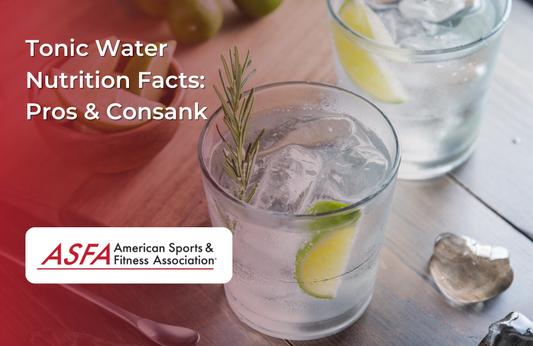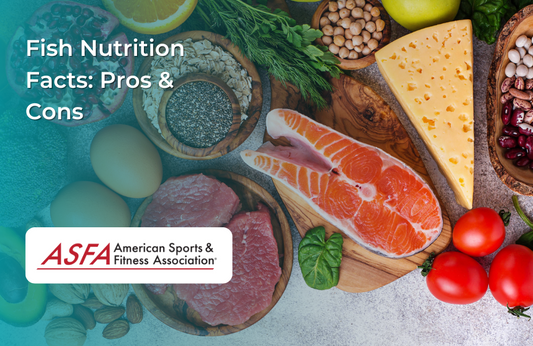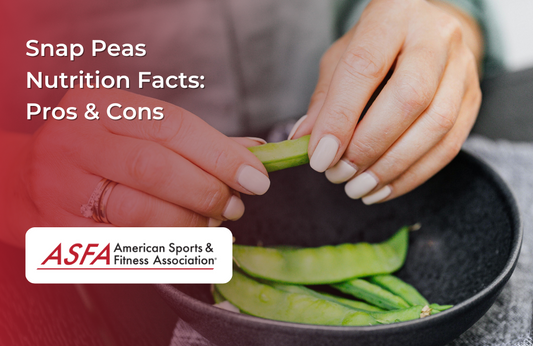Vegetarian Diets: Can They Provide Enough Protein?
The decision to adopt a vegetarian diet often comes with questions and concerns about obtaining adequate protein. Protein is a fundamental nutrient that plays a vital role in various bodily functions, including muscle building, immune support, and hormone regulation. The good news is that well-planned vegetarian diets can indeed provide sufficient protein, offering a range of plant-based sources that can meet your nutritional needs. In this article, we explore the world of vegetarian protein sources and shed light on how you can ensure your diet supplies enough protein for optimal health.
1. Diverse Plant-Based Protein Sources
- Legumes such as lentils, chickpeas, and black beans are rich in protein.
- Nuts and seeds like almonds, chia seeds, and pumpkin seeds provide protein along with healthy fats.
- Whole grains including quinoa, brown rice, and oats also contribute to your protein intake.
- Soy products like tofu, tempeh, and edamame are complete protein sources, meaning they contain all essential amino acids.
2. Dairy and Eggs for Lacto-Ovo Vegetarians
- Lacto-ovo vegetarians can include dairy products like Greek yogurt, cheese, and milk.
- Eggs are an excellent source of protein and can be prepared in various ways.
3. Nutritional Balance is Key
- It's important to consume a variety of protein sources to ensure you're getting all essential amino acids.
- Pairing foods like legumes with whole grains enhances protein quality and nutritional balance.
4. Pay Attention to Portion Sizes
- While plant-based protein sources are rich in nutrients, portion sizes matter.
- Be mindful of serving sizes to ensure you're getting enough protein without overeating.
5. Protein Supplements
- If needed, protein supplements like pea protein or hemp protein powders can complement your diet.
- Consult a healthcare professional before adding supplements to your routine.
6. Individual Nutritional Needs
- Protein requirements vary based on factors like age, activity level, and overall health.
- Consulting a registered dietitian can help tailor your diet to meet your specific nutritional needs.
Conclusion: Balancing Protein in a Vegetarian Diet
The misconception that vegetarian diets lack sufficient protein is debunked by the array of plant-based protein sources available. From legumes and nuts to soy products and whole grains, the vegetarian palette offers a diverse range of options to meet your protein needs. By incorporating a variety of protein-rich foods into your diet, paying attention to portion sizes, and ensuring nutritional balance, you can enjoy the benefits of a vegetarian lifestyle while maintaining optimal protein intake. Remember, a well-planned vegetarian diet can not only provide adequate protein but also offer a host of health benefits that support your overall well-being.





